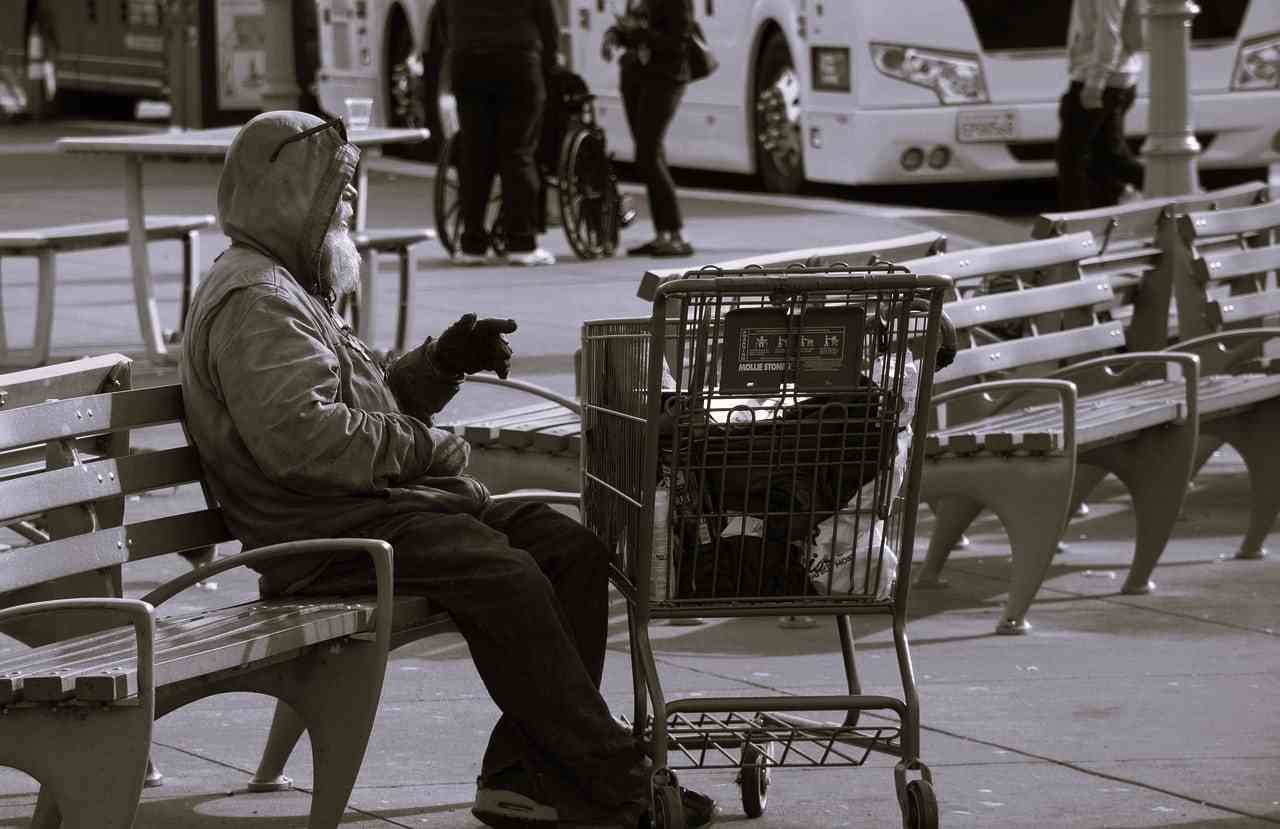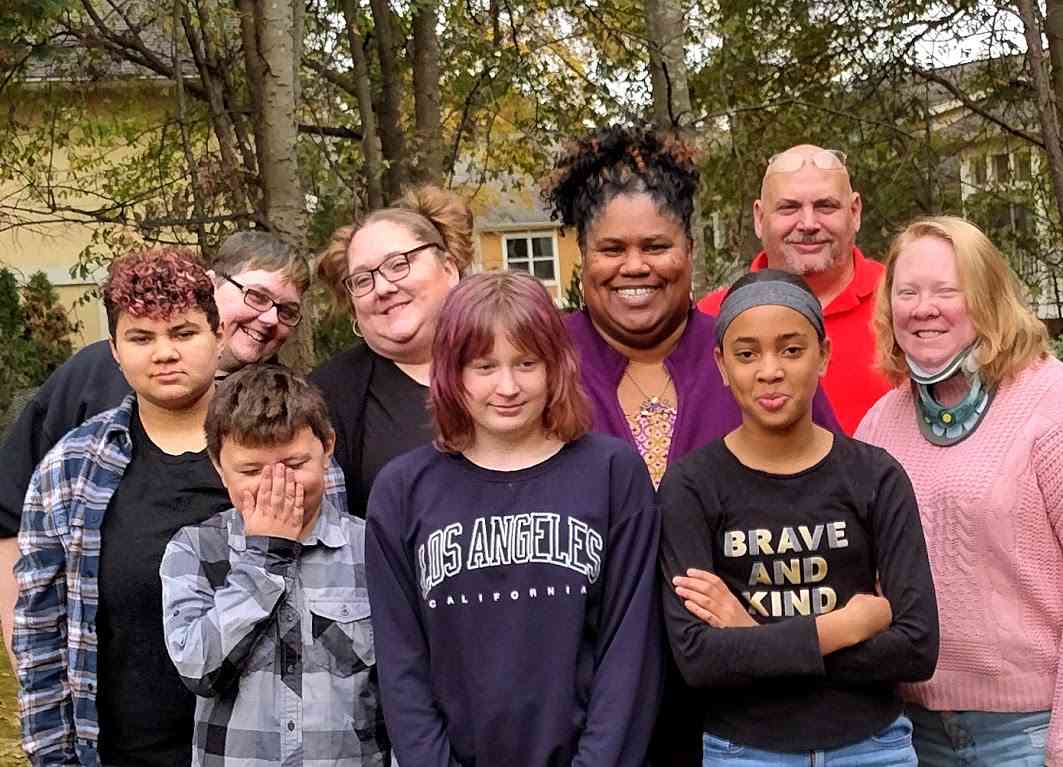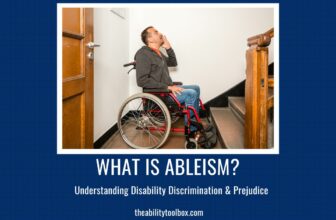
The Mayor of New York City, Eric Adams, has announced that to address the situation of people experiencing homelessness living in the subways and the increasing violence, he will be enforcing a new interpretation of the involuntary commitment laws. People who are experiencing homelessness and who cannot care for their needs for housing, health, and hygiene can be involuntarily transported to a hospital.
On the face of it, this plan sounds compassionate, necessary, and proactive. I believe it is reckless, irresponsible, and ill-conceived.
Without consent, you will not have compliance and critical resources will be directed in the wrong direction. There is a reason people experiencing homelessness are on the streets, and locking them up for a few weeks is not going to solve anything long-term. This looks more like a publicity stunt than an act to make a real change in the way we serve people who are experiencing homelessness. We have a mental health crisis in America, but people experiencing homelessness are not to blame.
It worries me when politicians begin to override the expertise of mental health and homelessness advocates. The advocates in New York City find this new approach from the governor heavy-handed and ignorant of the facts on the ground. The general population's impression is that people who are experiencing homelessness are just one hospital stay from being healed. This is not the case.
In the early 1970s, advocates pushed for a change in policy to stop mentally ill people from being held against their will in hospitals, where they languished away and were often subjected to medical experimentation. This was no longer tenable, and the conditions were deplorable. The Supreme Court of the United States even got involved in 1975 with a decision finding that if an individual is not posing a danger to self or others and is capable of living without state supervision, the state has no right to commit the individual to a facility against their will.
After this decision, the government created new policies that were supposed to deinstitutionalize people with mental illnesses and provide resources for community-based services that would restore their dignity. But as you can probably guess, the resources for community-based care never came and mentally ill people moved from institutions to the streets and jails where they have stayed for the past few decades. This is how we ended up with this problem. This is our origin story.
Policies like the one now being implemented in New York City blame people experiencing homelessness and punish them for our failings. Most mentally ill people who are experiencing homelessness need mental health care and medication management. I can’t argue with this, but we cannot force people to comply. Everyone has the right to self-determination, even if we do not agree with their decision. Similarly, a doctor cannot force a cancer patient to accept treatment if they do not want it, even if they are absolutely going to die without it.
New York City has thousands of people experiencing homelessness on their streets that meet the mayor’s criteria for removal and involuntary institutionalization. Realistically, where are these people going to go? He touts that the governor has promised 50 beds. He will need hundreds if not thousands of long-term beds and staff who are properly trained to work with the severely mentally ill who have experienced long-term homelessness. I do not see how this will be rectified anytime soon.
This announcement is nothing but a publicity stunt to appease New York City residents and convince them that he is tough on crime and is taking action due to the recent uptick in violence involving homeless individuals who are mentally ill.
I feel this move only stigmatizes people experiencing homelessness more and does not put resources where they need to be to help them. I have been working with people who are experiencing homelessness for the past 25 years. They are good people; they are smart and have a lot to contribute to society. They are not who we have made them out to be.
What if, instead of the Mayor's plan for more beds and longer stays, we provided:
- more shelters
- living wages for disabled people
- universal healthcare
- compassionate care
- medication maintenance centers
- mental health advocacy
- policies that support mentally ill people
- more peer support specialist
- help so that people do not fall through the cracks in the first place
- support groups and programs for the mentally ill
- family support and education so they can help house their family member
- early intervention in high school and college to intervene and employ treatment early
- more substance abuse treatment programs
- innovative detox centers
- supportive housing
- rent control
- rental assistance
- utility support
- housing that meets the unique needs of the population
- proper training of police and other law enforcement that encounter the mentally ill
- better jail treatment and rapid release
- better court intervention
- more accountability courts and mobile crisis units.
There is so much we could be doing. I have identified 23, and I know there are more ways we can intervene to give people who are experiencing homelessness back their dignity. We made this problem, and we owe it to them to fix it. All the interventions I mentioned are doable if we have the political will to make them happen.
Involuntary institutionalization is harmful and a mere band-aid on a problem that is multifaceted. I would encourage New York City residents to stand up for their fellow residents and demand the city take a more compassionate approach to ending homelessness. We can all make a difference.
I am Black, lesbian, disabled, mentally ill, fat, a birth mom, mom and grandmom (grand ma Coco to be exact) and Funny. I am a woman who is constantly fighting for my and your liberation.
I have a history of working for those living at the margins mostly in activist and nonprofit spaces. I currently work in the mental health field serving those who have been convicted of felonies and are in mental heath court. I am also a writer. I write about disabilities, chronic illness, mental health, racial trauma, sexual violence and disordered eating. I am also a public community speaker on the same topics. Hit me up if you need my writing or speaking skills.
Please use she or her pronouns when referring to or about me.








